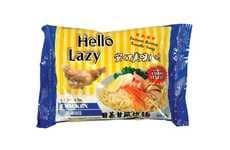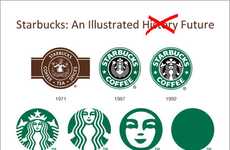


Consumer parody pushes brands to stay truthful
Implications - Many consumers consider marketing and branding to be fictitious—that is, based on more lies than truth in order to sell. Parodies of products bearing “the whole truth” are being made by consumers in an attempt to spread their skepticism of big brands, and as the digital domain can induce almost instantaneous backlash, it is wise for brands to stay on the path of honesty right from the beginning.
Trend Themes
1. Consumer Skepticism Parodies - As consumers grow skeptical of marketing claims, parodies that expose the truth can be a powerful way to engage audiences.
2. Humorous Branding - Humorous packaging or advertising can attract customers by providing comic relief from the stresses of everyday life.
3. Honesty in Branding - As digital media has made instant backlash the norm, brands can build trust with consumers by prioritizing honesty in their messaging.
Industry Implications
1. Marketing and Advertising - Marketing and advertising professionals must stay aware of the growing skepticism of marketing claims and use humor or other tactics to build trust with customers.
2. Consumer Packaged Goods - Consumer packaged goods companies can differentiate from competitors and better engage consumers by using humorous or honest branding tactics.
3. Entertainment Industry - Entertainment companies and filmmakers can use parody and humor to generate buzz around their products and build connections with audiences.























